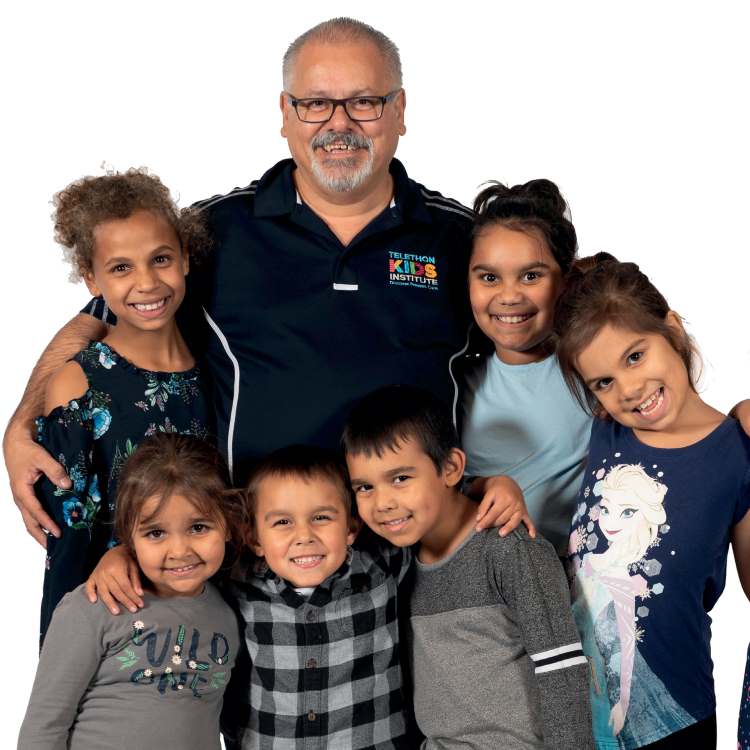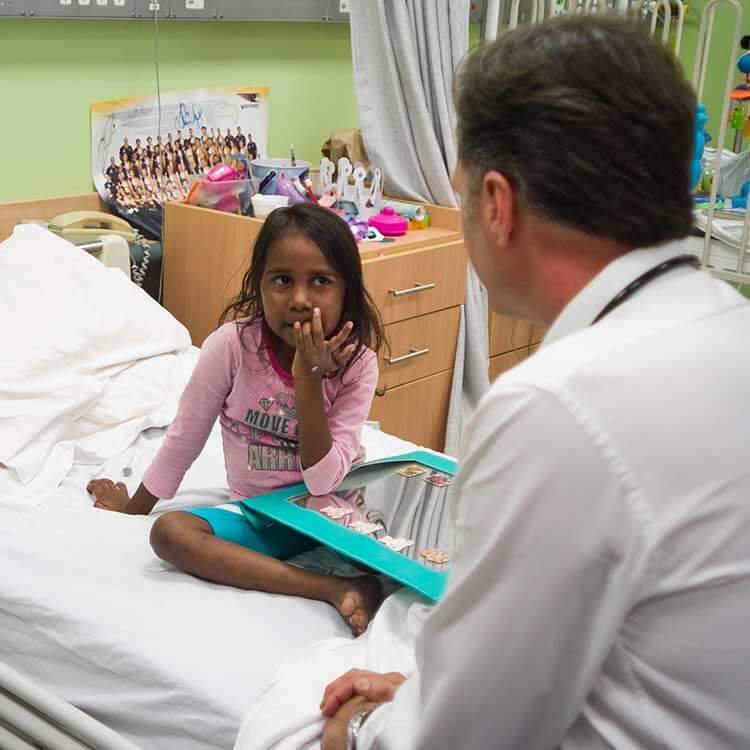Search

Led by nine Elders, the Ngulluk Koolunga Ngulluk Koort Project is working to generate a better understanding of early childhood development from an Aboriginal/Nyoongar perspective.

Some of the nation’s leading medical researchers will converge on Darwin this week to step out a plan to wipe out rheumatic heart disease.
This five-year project in Western Australia (WA) aims to promote vitamin D sufficiency among Aboriginal people by developing food-based dietary strategies to increase vitamin D intakes and by encouraging safe sun exposure.
This review emphasises the need to gain evidence for the mechanisms linking early racism exposure to adverse health outcomes in later life
In the ongoing debate on optimum methods for identification of Indigenous people within linked administrative data, few studies have examined the impacts of method on population counts and outcomes in family-based linkage studies of Aboriginal children.
This study highlights a range of unique profiles that can be used for improving the early development of young Aboriginal children
Apgar score, birth weight, sex, socioeconomic status, and maternal ethnicity, in addition to gestational age, have pronounced impacts on disability-free survival.
Mothers that are underweight prior to or in early pregnancy are at a moderately increased risk of placental abruption
This study aimed to examine the pattern of stillbirth and neonatal mortality rate disparities over time in Western Australia
We describe the application of a participatory action research methodology that is grounded in Aboriginal worldviews
